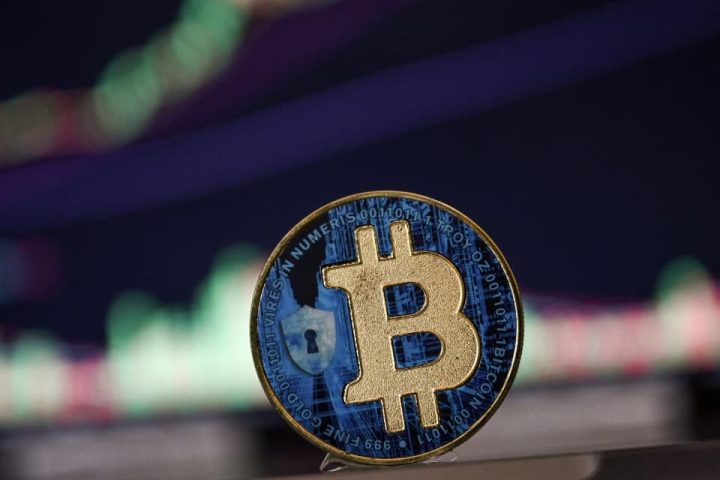The Federal Reserve’s (Fed) restrictive monetary policy is having significant effects on the housing market and other interest-rate sensitive sectors, even as US inflation remains steady at an annual rate of 3.4% in September, according to data from the Bureau of Economic Analysis. The average rate on a 30-year fixed-rate mortgage has surged to 7.9%, as reported by Mortgage News Daily, marking a peak not seen since 2000 per Freddie Mac’s records.
Despite the high inflation and interest rates, the US economy experienced robust growth in Q3, with a GDP growth rate of 4.9%, up from 2.1% in Q2. This economic surge is attributed to the “Bidenomics” agenda. Additionally, the labor market added 336,000 jobs in September, with job gains for July and August being revised upward by 119,000.
On Friday, it was reported that core Personal Consumption Expenditures (PCE) inflation, excluding energy and food prices, dipped to a yearly rate of 3.7%. Concurrently, consumer spending rose by 0.4% in September, indicating the possibility of another interest-rate hike. However, due to increased borrowing costs, the benchmark interest rate is expected to remain unchanged at the next meeting.
Service-sector inflation accelerated to 0.4% from 0.1% last month excluding housing and energy components. In contrast, the overall PCE price index saw a 0.4% increase driven by higher energy prices.
Despite low unemployment and strong economic growth under Jerome Powell’s leadership at the Fed, there is consensus that interest rates will remain at their multi-decade highs for an extended period due to the Fed’s restrictive monetary policy.
Looking forward, Bill Adams, chief economist for Comerica (NYSE:) Bank, predicts a slowdown in real GDP growth to 0.7% in Q4 and just 0.5% in Q1. This is mainly due to high borrowing costs, the resumption of student loan payments, and ongoing conflicts in the Middle East. According to him, the consumer price index (CPI), another inflation gauge, reported inflation at 3.7% in September.
This article was generated with the support of AI and reviewed by an editor. For more information see our T&C.
Read the full article here







